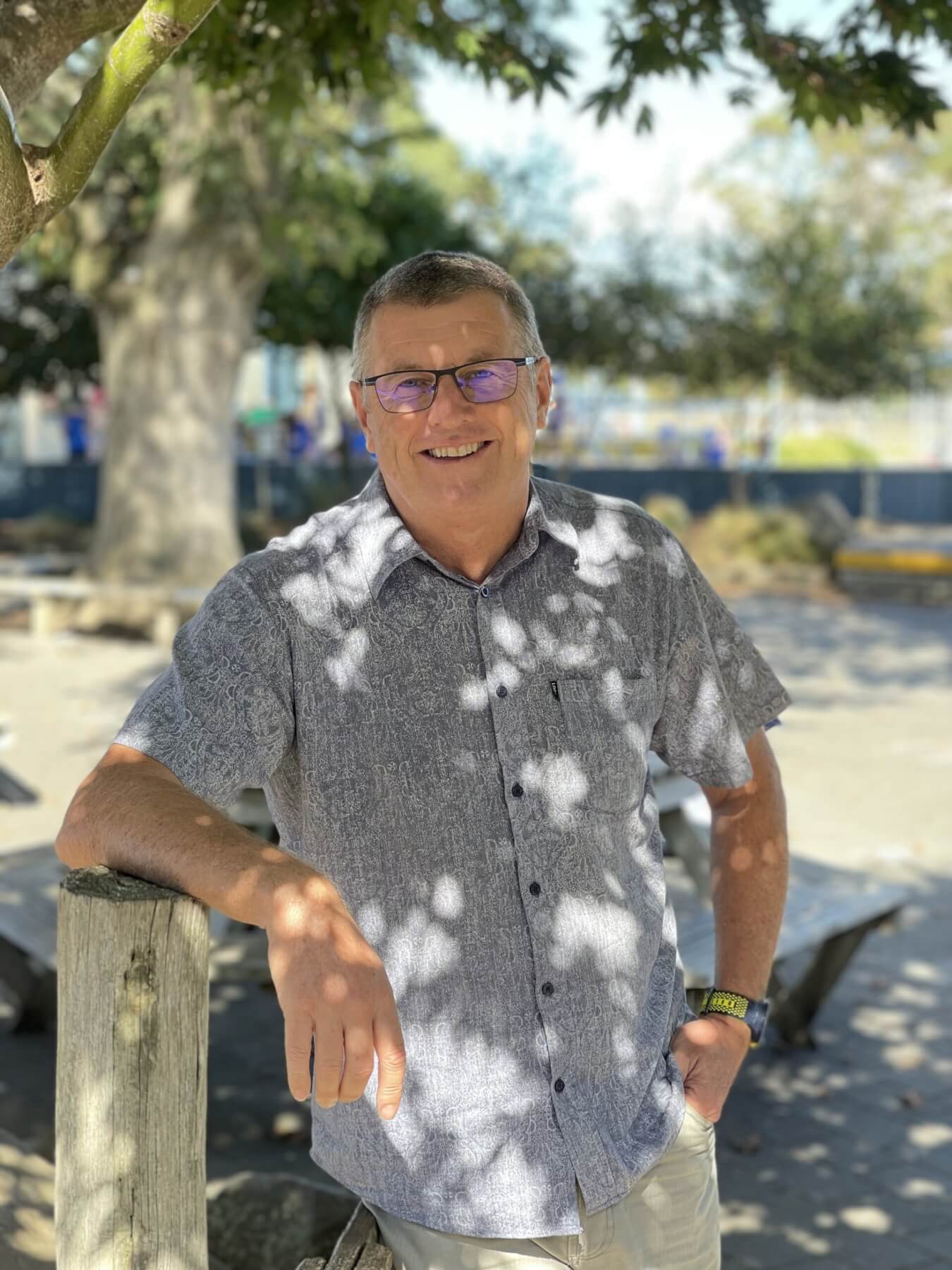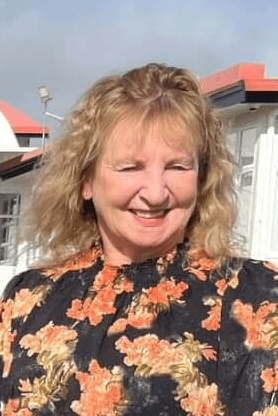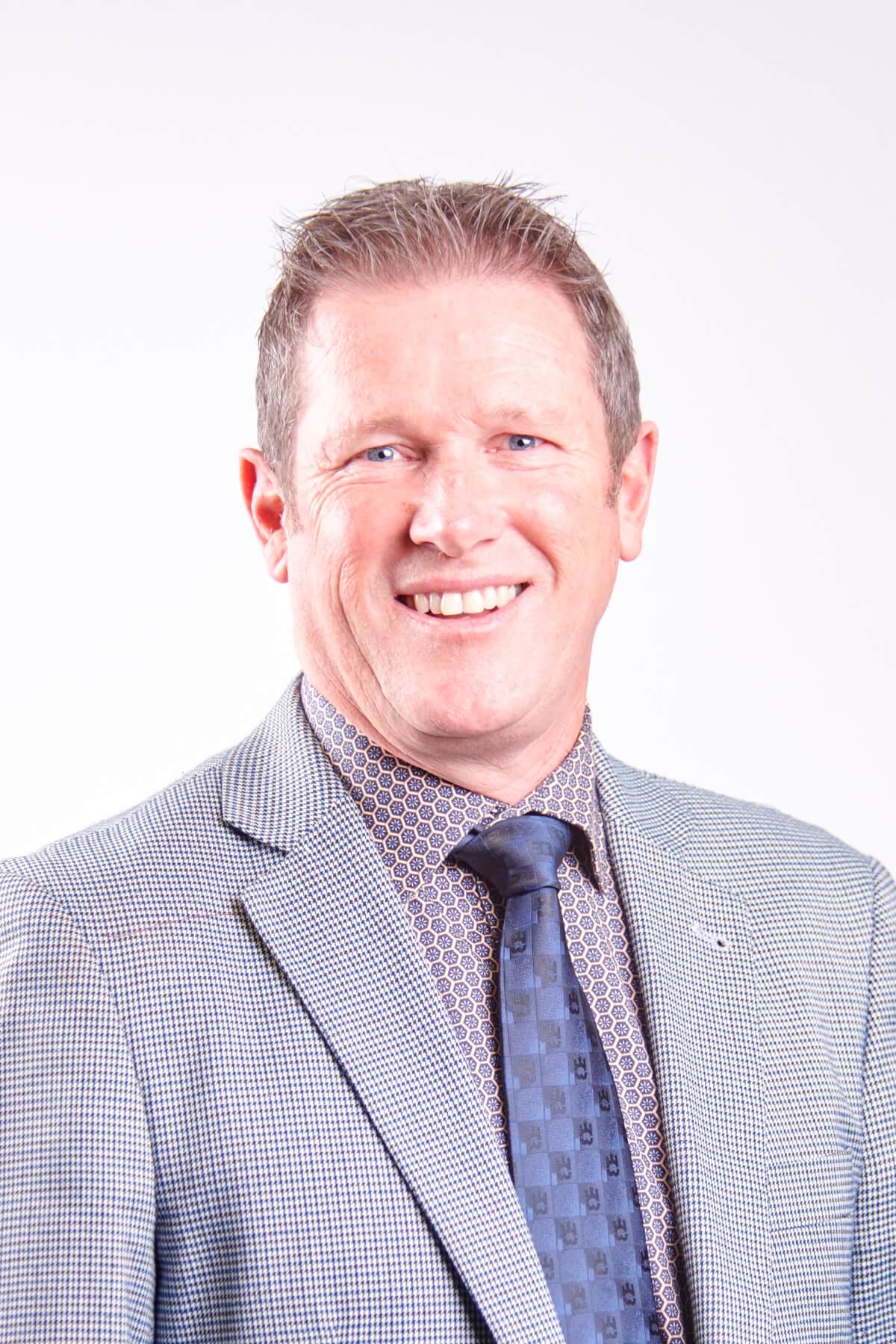A Waipā principal says schools are struggling to recruit teachers and the fields of applicants is as thin as he has seen in 25 years in the role.
“High quality experienced teachers are increasingly difficult to find, and experienced applicants often have multiple simultaneous offers from schools,” David Graham of Goodwood School, Cambridge said.
He said he had a full team, but all schools were struggling with recruitment.
The Ministry of Education has predicted schools could be short 1250 teachers this year and contributing factors included migration-driven enrolment growth and increases in teachers’ non-contact time.
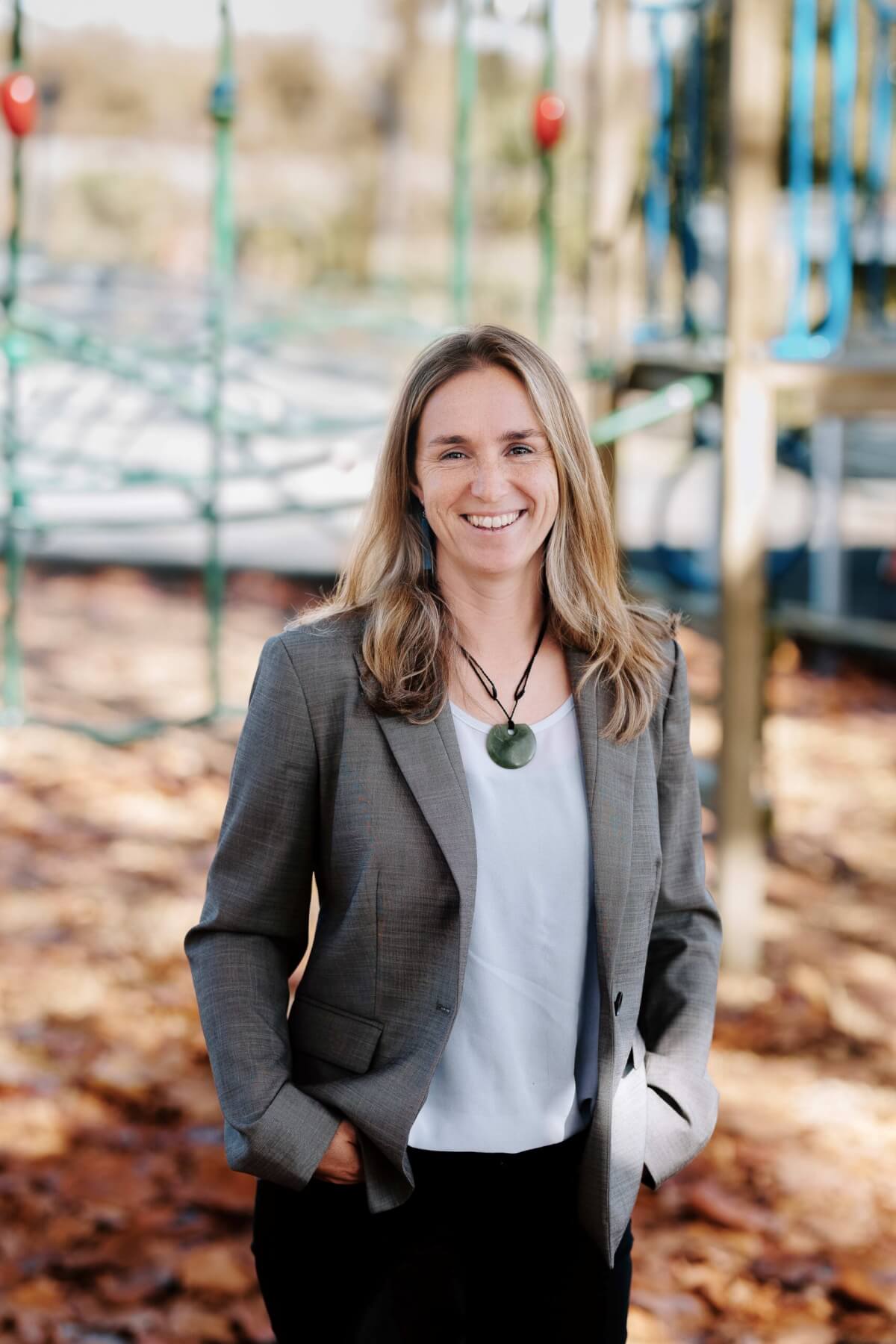
Karāpiro School’s new principal, Alana Thompson, is passionate about the school being “the hub of the community”. Photo: Holly Fulforth.
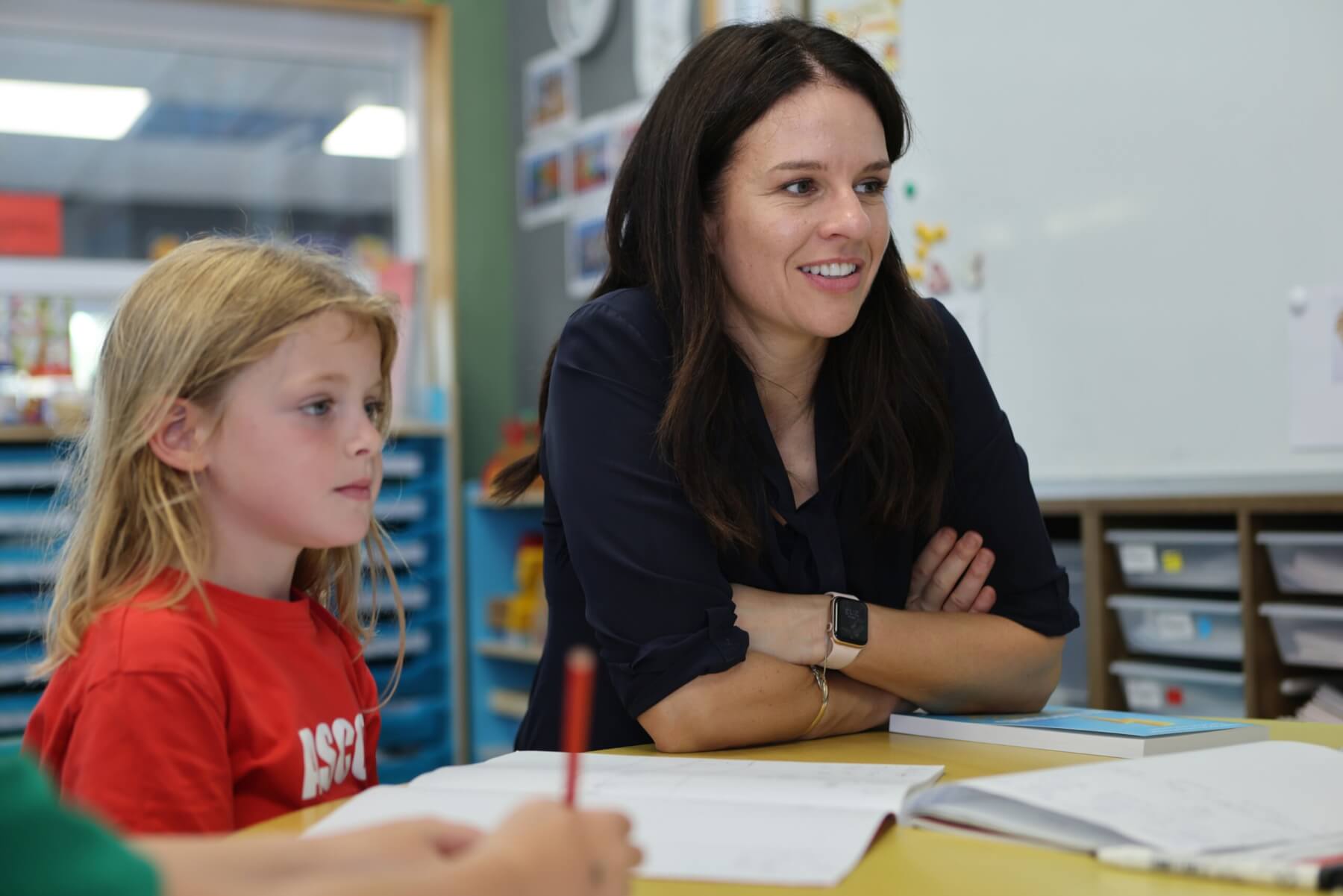
Education Minister Erica Stanford joins six-year-old April Brewer (left) in a reading lesson during her visit to Goodwood School.
Karāpiro School principal Alana Thompson says the government should do more to attract and retain quality staff.
“A recent survey from the Teachers’ Council indicated 58 per cent of teachers are likely to leave the profession within the next five years, and that figure is even higher for our beginning teachers,” she said.
There was a “lack of resourcing and understanding of the real challenges within the sector”.
In late February, education minister Erica Stanford announced the government would fast-track the residency process for primary teachers to attract skilled teachers.
But Te Awamutu Intermediate acting principal Sue Germann would like to see more New Zealanders involved in the education sector, rather than “having to rely on people from overseas”.
“I’m not against other people coming into the country and teaching, but I think our first priority should be to encourage New Zealanders to go into the teaching profession,” she said.
“Generally, they are up to play with New Zealand culture, and I think that’s important… they would have been at school in New Zealand, and they know about our education system… and you haven’t got the issues of English as a second language.”
Germann had a full complement of teachers and said her school had not had a problem filling positions.
Graham said while all initiatives to address teacher shortages helped, he would prefer to employ “high-quality, locally-trained teachers where possible”.
“We have recently recruited teachers from overseas,” he said. “They have been experienced and capable teachers but will naturally take extra time to learn about our culture and curriculum.”
Cambridge’s Te Miro School principal Luke Willis said recruiting from overseas would add to schools’ workloads as they supported new teachers to learn the New Zealand curriculum, assessment system and science of learning – with no additional funding.
He did not believe the education ministry was doing enough to tackle the teacher deficit.
“Students are not paid like apprenticeships; their starting wage is not an incentive,” he said.
“We have people passionate about becoming a teacher who cannot afford to train and be underpaid. I personally know many provisionally certified teachers who have to work two jobs.
He said a large number of trained teachers were not working in the industry because the conditions were not attractive to them.”
Cambridge Primary School principal Mike Pettit managed to fill all his full-time staff positions for the 2025 year by the end of 2024, but said many schools were struggling to fill vacancies.
He believes the education ministry, unions and training providers need to work more closely together with the teaching sector to find solutions to teacher shortages.
“Keeping an eye on the outcomes of pay negotiations, which also have staffing implications, and government changes to staffing levels, which are often implemented over a few years, would be a couple of no-brainer areas to start with,” he said.
“We have the data, let’s better use it.”
He hoped recruiting overseas teachers was a short-term solution and would not become the norm.
“One has to ask themselves, why don’t we have enough teachers?” he said.
“In many leading educational countries there is no shortage of people wanting to become teachers – in fact it’s the exact opposite and there’s a very high threshold to be accepted as one. Hence the profession, in these countries, is held in the highest regard.”



